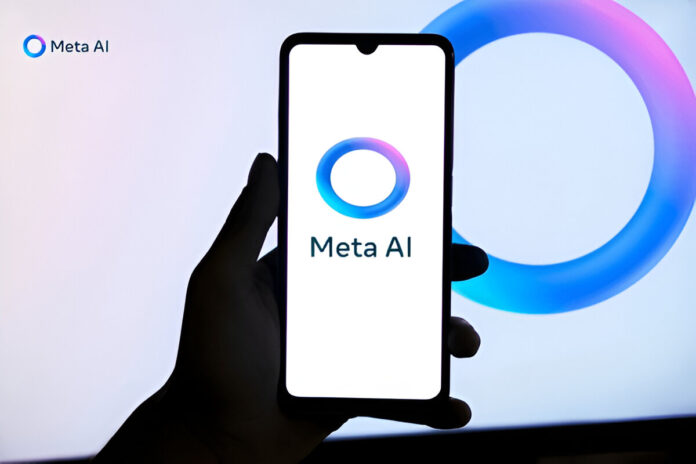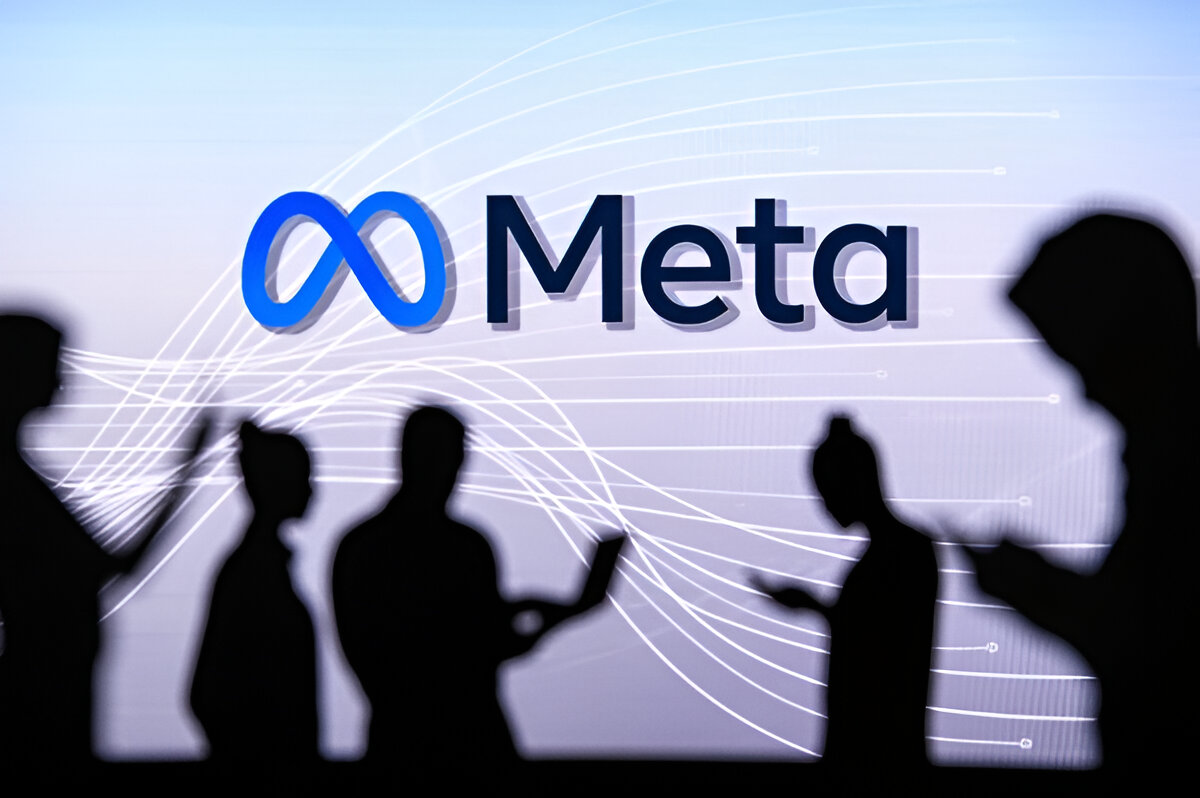Meta, the parent company of Facebook and Instagram, is apparently working on a search engine for its AI chatbot called Meta AI, according to a recent update by The Information. The report indicates that the development began around eight months ago and would mean that the company is moving away from using Google and Microsoft search technology. The upcoming launch of a dedicated search engine would show a drastic evolution in the artificial intelligence approach that the company has been taking.
Meta’s search engine project: Key details and possible capabilities
Though the finer points are not disclosed, it may either function primarily as a compression vector or an information retrieval search. It could provide conventional web link results like any other search engine or might offer in-line AI responses through the chatbot. The existence of information tools that respond to queries via context-specific searches might make it possible for Meta to fuse that form of searching with the use of the site. Integrating such AI-focused capabilities could, however, allow theoretically quicker k-information retrieval processes within the site.
Such personalization could enable Meta to better integrate the search capabilities with the demands of Meta AI, allowing the bot in question to respond to a wider range of inquiries. Be it presenting web pages or providing concrete responses, it seems that the objective of Meta is to devise a solution that extends the functionality of the present AI – more focused on relevant, and hence more effective, adaptable search experiences for the user.
Strategic and financial considerations
An in-house search engine may free Meta from dependency on external suppliers and thus provide Meta with greater control over the features and updates of its ecosystem. That further implies there could be additional cost benefits because it would relieve Meta from paying licensing fees for third-party search engines such as Google and Microsoft. These savings might provide Meta leeway for refocusing its resources on some of its other new technology projects or on its other AI ventures.
Developing its own search engine might imbue Meta with the flexibilities in responding to user needs, especially as the company refines its AI technology. By holding considerable power over the backend, Meta can prioritize search functions more relevant to its own ecosystem rather than adapting to external tools, which might make way for higher efficiencies in terms of performance and development.
RELATED
Industry context and broader implications
Meta is not the only company out there exploring proprietary search engines for AI applications. In July, OpenAI launched SearchGPT: a system which would generate answers to the user queries without the need of traditional web search engines. This allows OpenAI’s chatbot to provide answers straight away, from summarization to deep explanation.
Such technologies might indicate a more generalized industrial trend of the time, when companies are seeking alternatives to the old standard of search engines, towards the embedding of AI into their systems for more rapid and independent response generation.
Ultimately, Meta’s intentions may bring additional competitive forces into the AI chatbot market. By creating its own internal search engine, Meta is focusing on building and developing AI-driven chatbot platforms, thereby expanding user options in AI.
What the future holds for Meta and AI search
Meta’s evolution of its search engine reflects the growing popularity of search capabilities enhanced by artificial intelligence, moving beyond traditional approaches. Although Meta has not set a launch date for the system, other developments in the industry show that companies are actively seeking ways to develop and manage their AIs internally.
Meta’s approach with AI may provide further directions to other players in the industries for the development of their AI solutions, in particular this applies to enhancement of technologies driven by chatbots or improving the service users’ experience. Given the shifting technological dynamics, Meta’s venture into search engines is an example of one of the trends that is evident today: the active search for more flexible and autonomous solutions to specific problems.


